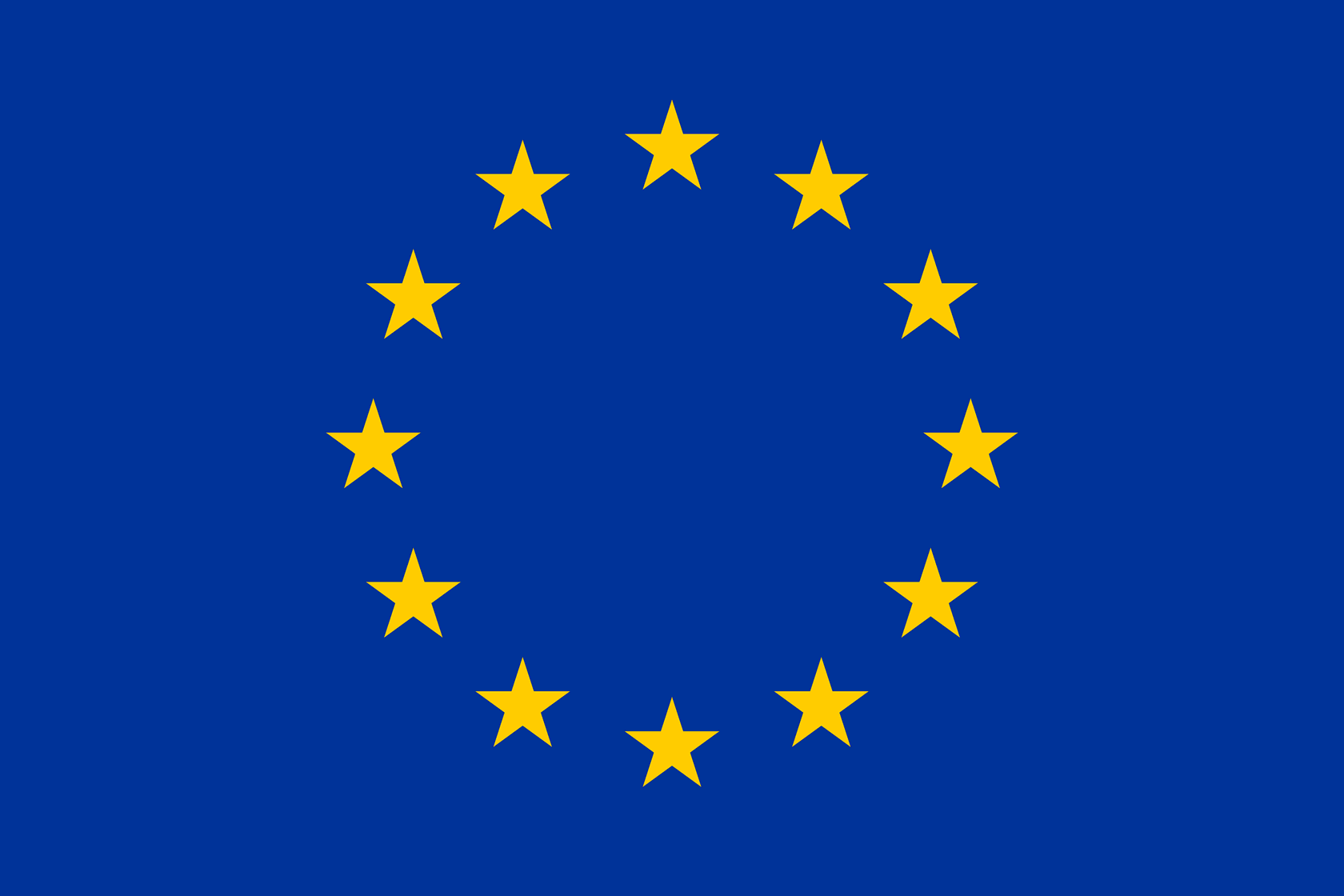Moderators: Karel Arnaut & Bruno Meeus
Participants: Julie Kleinman (Fordham University), Martina Tazzioli (Goldsmiths University of London), AbdouMaliq Simone (University of Sheffield), Johan Lindquist (Stockholm University), Koen Leurs (Utrecht University), Jesper Bjarnesen (The Nordic Africa Institute), Nauja Kleist (Danisch Institute for International Studies), Joris Schapendonk (Radboud University), Loren Landau (University of Oxford)
Participants: Julie Kleinman (Fordham University), Martina Tazzioli (Goldsmiths University of London), AbdouMaliq Simone (University of Sheffield), Johan Lindquist (Stockholm University), Koen Leurs (Utrecht University), Jesper Bjarnesen (The Nordic Africa Institute), Nauja Kleist (Danisch Institute for International Studies), Joris Schapendonk (Radboud University), Loren Landau (University of Oxford)
Description :
Over the last decade, the concept of infrastructure(s) has been proliferating in migration studies (and far beyond). Considering that infrastructure evokes processes of mobility and circulation as much as it draws attention to what sustains/enables particular situated life projects, the concept seems tailor-made for migration studies. Some of its conceptual power seems to reside in the fact that it can subsume relative stability and repair/remaking (‘to infrastructure’), reshaping and sedimentation, being and becoming. The price to pay for infrastructure’s success is its semantic reach or indeed the vagueness and confusion surrounding it. A related key concern is its use in widely varying degrees of abstraction: everything in between ‘an assemblage’ and ‘a water pipe’, a ‘regime’ and ‘a kin network’ can be glossed over with the same term ‘infrastructure/s’.
About a decade into the proliferation of infrastructure in migration and mobility studies, this roundtable seeks to assess the analytical work ‘infrastructure’ has been able to accomplish and what theoretical purchase it holds. The entry point into this discussion will be the participants’ engagements with infrastructure in their past or recent research. The final question this roundtable wishes to address is: ‘Should IMISCOE have an ‘Infrastructure and Migration’ Standing Committee?
Over the last decade, the concept of infrastructure(s) has been proliferating in migration studies (and far beyond). Considering that infrastructure evokes processes of mobility and circulation as much as it draws attention to what sustains/enables particular situated life projects, the concept seems tailor-made for migration studies. Some of its conceptual power seems to reside in the fact that it can subsume relative stability and repair/remaking (‘to infrastructure’), reshaping and sedimentation, being and becoming. The price to pay for infrastructure’s success is its semantic reach or indeed the vagueness and confusion surrounding it. A related key concern is its use in widely varying degrees of abstraction: everything in between ‘an assemblage’ and ‘a water pipe’, a ‘regime’ and ‘a kin network’ can be glossed over with the same term ‘infrastructure/s’.
About a decade into the proliferation of infrastructure in migration and mobility studies, this roundtable seeks to assess the analytical work ‘infrastructure’ has been able to accomplish and what theoretical purchase it holds. The entry point into this discussion will be the participants’ engagements with infrastructure in their past or recent research. The final question this roundtable wishes to address is: ‘Should IMISCOE have an ‘Infrastructure and Migration’ Standing Committee?



